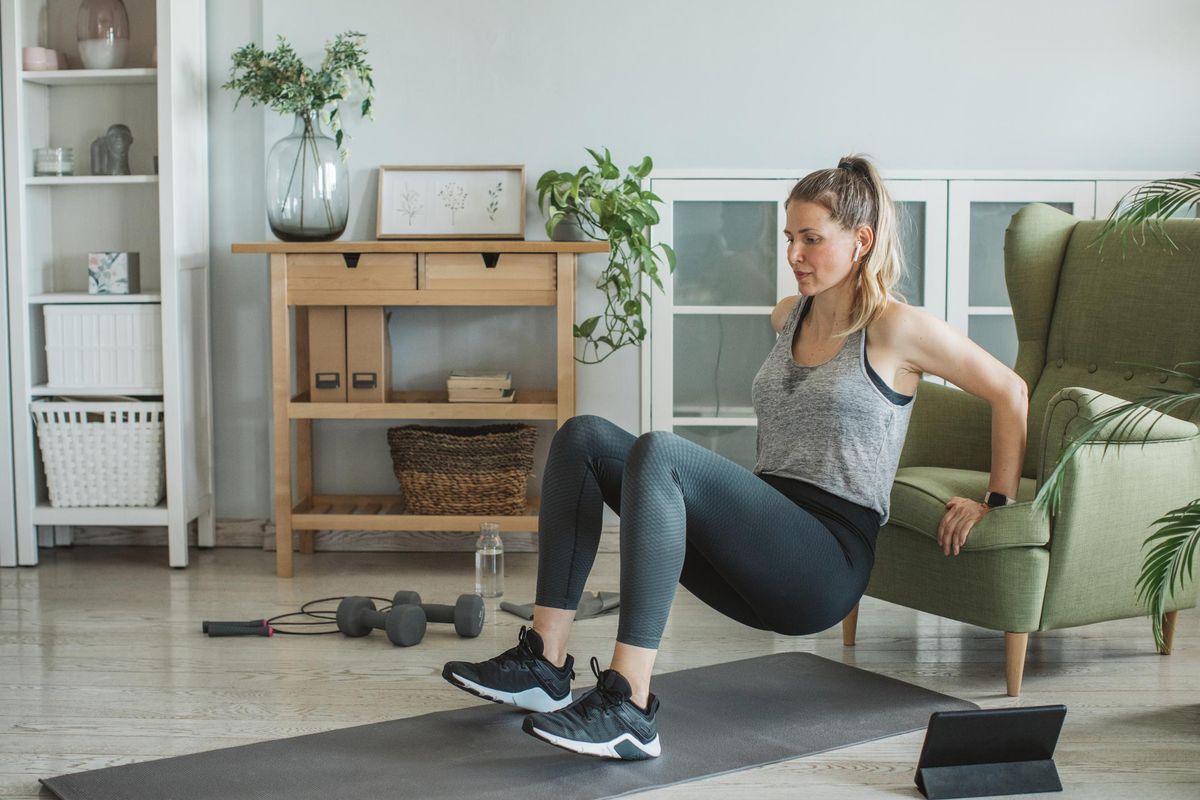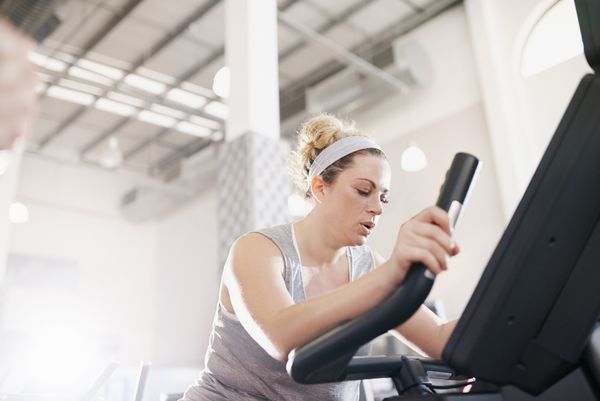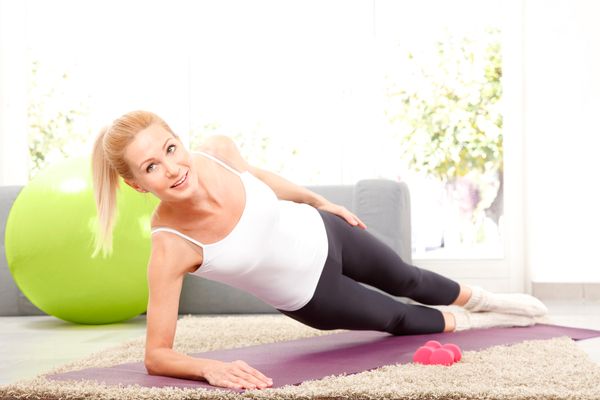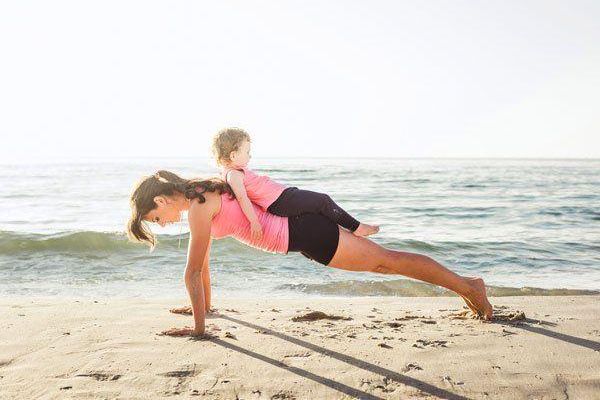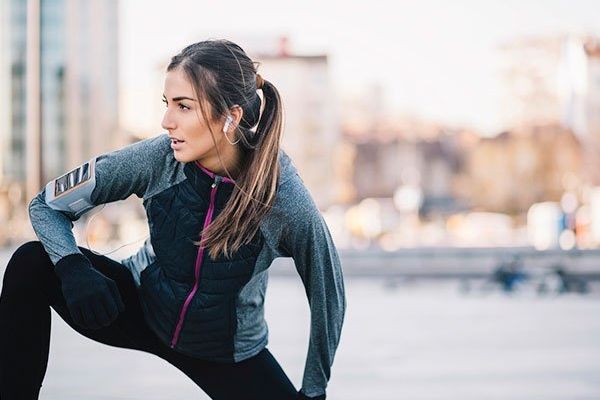Q:
During the winter, do you burn more calories exercising outside than you do when exercising inside? Or does air temperature not play a role?
A:
The calories burned for any exercise remain constant for that exercise, with the number of calories used depending upon individual differences such as body weight and muscle mass. What changes with temperature (and humidity) is how you feel when you exercise. It's important to be aware of both factors when choosing an exercise environment.
When exercising in cold weather, the heat generated helps your body maintain its core temperature and feel relatively comfortable. A short warm-up and stretch are important precautions to take in cold temperatures to get your muscles ready for exercise.
In a warm or hot environment, your core temperature is already met and may rise further if it cannot rid itself of heat by sweating. Wearing less clothing is helpful, but air humidity is a major factor. To reduce body heat, you need to sweat and have that sweat evaporate. When humidity is high, the air is saturated with water, and very little evaporation can occur. That may prevent heat reduction.

